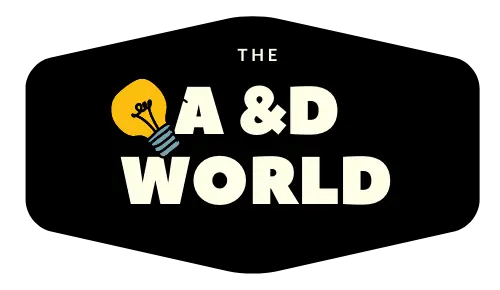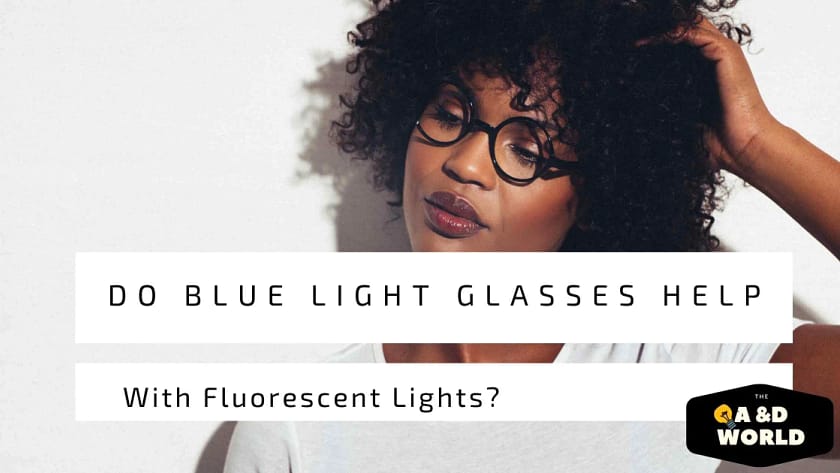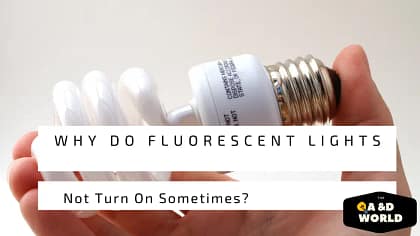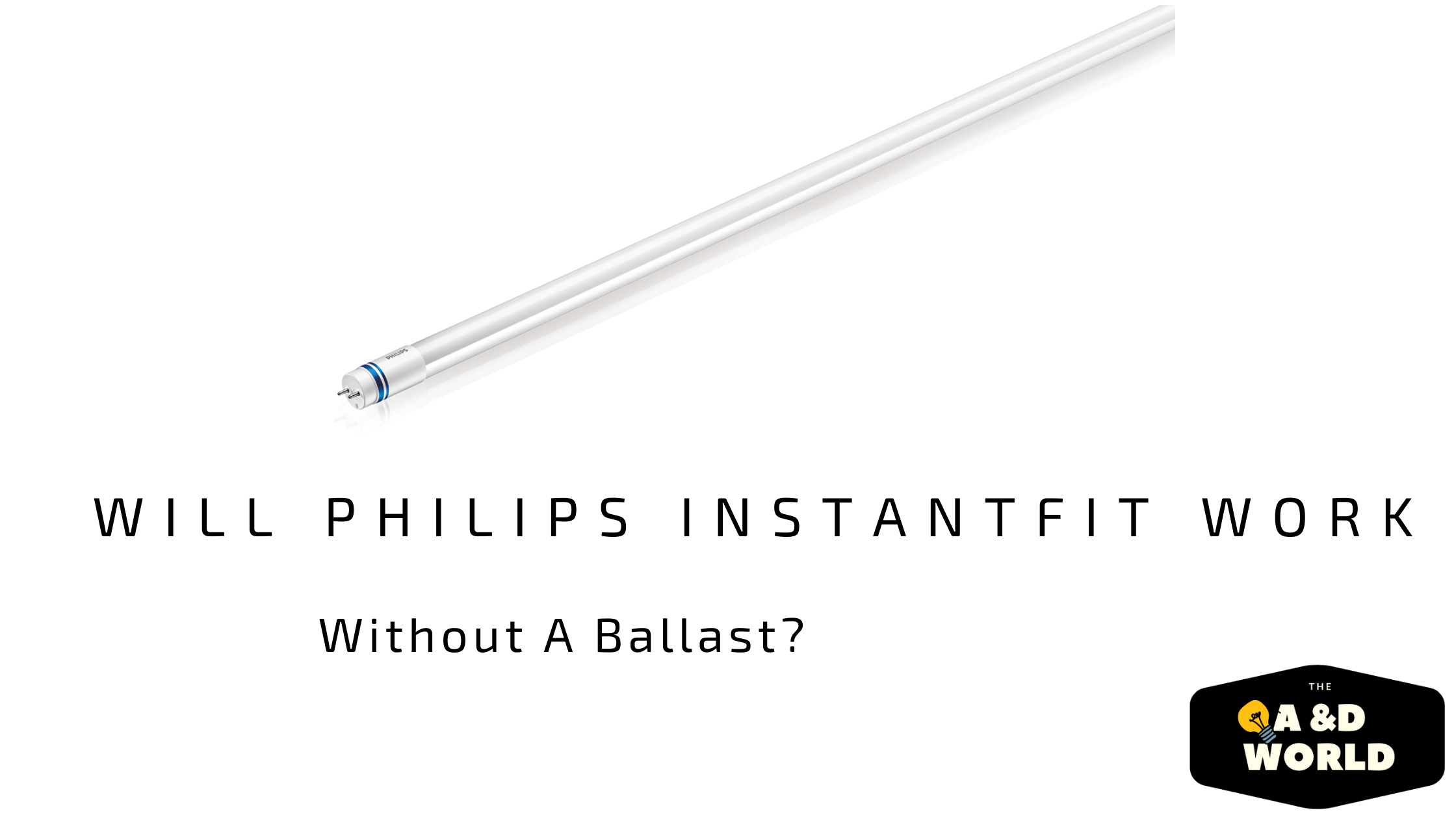We all live in an era where fluorescent lighting is still the number one choice in huge workplaces and government buildings. If your eyes feel tired, itchy, or burning especially, after work, it may not be just from your job. The lighting in commercial workplaces is unforgiving and produces glare.
While fluorescent lights are more efficient than incandescent light bulbs (they create ten times the amount of light from the same amount of power), they can cause serious health issues. Fluorescent lights produce a blue light spectrum range that is harmful to your eyes. Hence, the invention of blue-light blocking glasses.
Blue light blocking glasses are a new technology that claims to cuts out blue-violet light waves from LED screens and fluorescent lights. They do not cut out all the blue light as blue light is beneficial to our health in small amounts: it boosts our energy and mood makes us more alert and productive. However, studies have shown that blue glasses aren’t that effective when preventing eye strain from blue light exposure.
The Science Between Blue-Light-Blocking Glasses

When we think of eyestrain, we associate it with the screen color and brightness. But it’s the other stuff that’s causing your eyes to hurt like crazy. It’s not just about the colors—it’s about how long we’re staring at screens and how much data we’re trying to take in.
Some researchers believe when we focus on a screen, our eyes are trying to take in more information than they can handle. Therefore, we are forced to blink less to improve concentration. Adding eye drops to your eyes can help relieve some symptoms of blue lights. Then, there is the popular use of blue-light-blocking glasses.
At $12-80 dollars a pair, these glasses claim to block out the high-energy light that screens emit. The idea behind them is that blue light triggers headaches and dry eyes. However, researchers tested the idea by giving people either a pair of fake plastic glasses or a pair of blue-light-blocking lenses and then questioning them about their symptoms later.
People with blue-light-blocking lenses were just as likely to report eye strain regardless of whether they were wearing the real or fake glasses.
Should You Wear Blue-Light Blocking Glasses In the Workplace?
Studies show there is no harm in wearing blue-light glasses, so purchasing a pair is solely up to you and your comfort level. One pair of glasses I recommend is TheraSpecs.
TheraSpecs uses a filter that blocks out three times as much blue light as other brands—and they’re only $25 a pair. Plus, they have clinical support to reduce fluorescent pulsing by up to one-third. You can find these glasses with an additional anti-reflective coating. This coating further reduces glare and maximizes contrast.
TheraSpecs are also lighter than standard sunglasses, so they can help offset the sensory sensitivities that people with photophobia often have.
How do you protect your eyes from fluorescent lights?
It is impossible to turn off the lights in a commercial office, even if your desk has overhead fluorescent lighting. However, there are some things you can do to make your workday more comfortable.
But first, let’s go over what good lighting is.
Too bright or harsh lighting can be bad for your eyes and health. You don’t need an expensive lamp to get good lighting—a 60W bulb is bright for most purposes. The light should come from above or the side of your head and shouldn’t shine into your eyes directly (this is called direct glare). Utilizing this lighting tip can help reduce eyestrain and headaches.
Other ways to protect your eyes include:
- If you have a window nearby, it’s a good idea to use it as a light source too. Natural lighting provides less strain on your eye and better color contrast for looking at computer screens or reading.
- Exercise your eyes by focusing on objects far away and then— close up.
- Replace harsh overhead fluorescent lights with more comfortable lights.
- Another option is to use LED lamps instead of overhead fluorescent lighting in your work area. LEDs give off a warmer light, and they don’t put off as much ultraviolet radiation as fluorescents.
- Use eye drops.
Do sunglasses block fluorescent lights?
Typical sunglasses do not block fluorescent blue light. They can make your eyes even more sensitive to the brightness of the light. Hence, it is best to use eyeglasses that block out the harmful light spectrum.
Can blue light glasses cause dizziness?
There is no scientific evidence that shows blue-light-blocking glasses cause dizziness. However, if the glasses are a new prescription and it is making you feel dizzy, it may just be that your body is getting used to the new prescription glasses. Try wearing them for a few more days and see if the feeling goes away. If it does not, call your doctor because you may need a different prescription.





